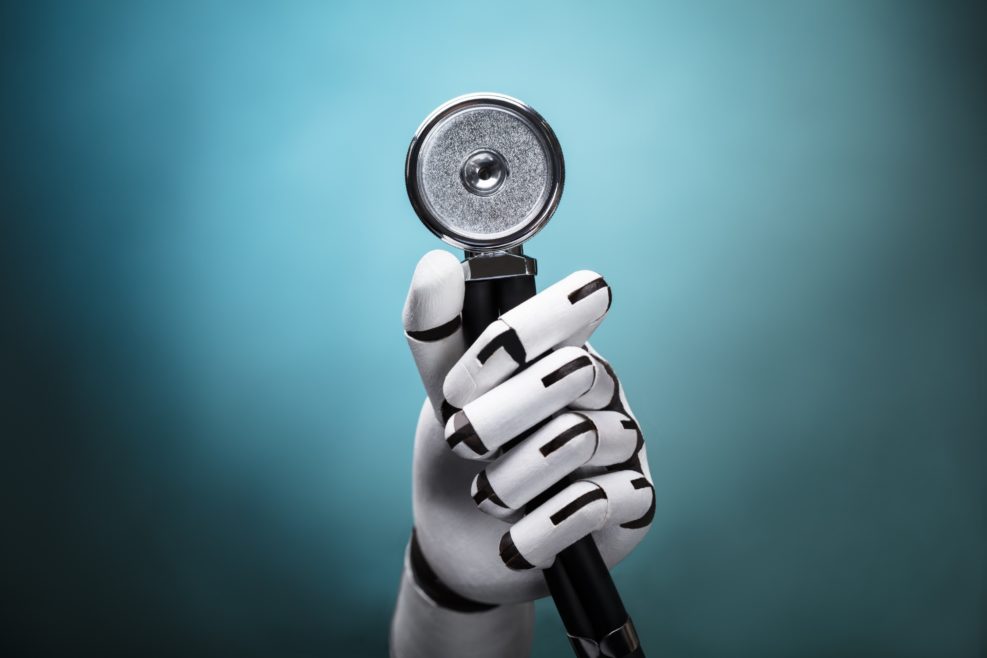
Do Not Be Fooled: The “Self-Driving” Car Doesn’t Drive Itself
Over-reliance on technology that is not intended to be used without human attention can be deadlyTwo people died in a car crash in a Tesla on Sunday morning. While many details are yet to be confirmed, the investigators have confirmed that no one was in the driver’s seat at the time of impact. Additionally, the resulting fire required more than 30,000 gallons of water to extinguish because the batteries continued to reignite. Here at Mind Matters, we want to reiterate to our readers that even though Tesla’s driver assistance system is officially named “Full Self-Driving”, no one should take that to mean that the car can drive itself. We have been fully documenting the problematic nature of Tesla’s self-driving claims for many years. Recently, the hype coming from Tesla has been so problematic that many other outlets have begun Read More ›


















